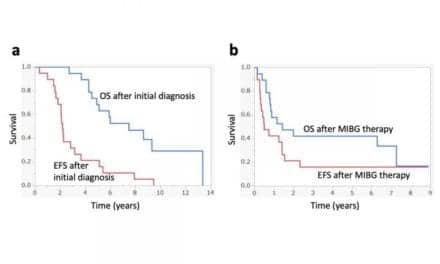The Medical Imaging & Technology Alliance (MITA)—the trade association representing manufacturers of medical imaging equipment, radiopharmaceuticals, contrast media, and focused ultrasound therapeutic devices—has applauded the U.S. FDA’s approval under the traditional pathway of Leqembi (lecanemab) for the treatment of people with mild cognitive impairment or mild dementia.
Even so, MITA is urging the Centers for Medicare & Medicaid Services (CMS) to issue the proposed decision memorandum for the reconsideration of the one scan limit for beta-amyloid PET and the removal of the coverage with evidence development (CED) for beta-amyloid PET.
Beta-amyloid PET imaging plays an important role in confirming presence of amyloid consistent with Alzheimer’s disease and identifying appropriate candidates for Leqembi, according to MITA officials. Currently, amyloid PET scans are the only noninvasive FDA-approved method to determine the presence of amyloid plaques and monitor the treatment’s effectiveness. Though amyloid-PET has become a key diagnostic tool for dementia and Alzheimer’s patients, Medicare has imposed a lifetime limit of one amyloid-detecting PET scan per Alzheimer’s patient, who must also be enrolled in a clinical trial.
“While traditional approval of Leqembi is a milestone for Alzheimer’s patients, we remain concerned that access may be limited because beta-amyloid scans remain under Medicare’s coverage with evidence development (CED) policy, which creates access barriers to this cutting-edge technology,” says Patrick Hope, executive director of MITA. “In addition to removing the one-time limit on PET scans, it’s essential that CMS remove beta-amyloid PET from the CED policy to ensure that Alzheimer’s patients receive an accurate diagnosis in order to benefit from Leqembi.”
In a letter sent in May, MITA outlined these concerns and urged CMS to finalize the national coverage reconsideration of beta-amyloid PET to ensure that clinicians can identify and manage appropriate candidates for treatment with anti-amyloid therapies.






